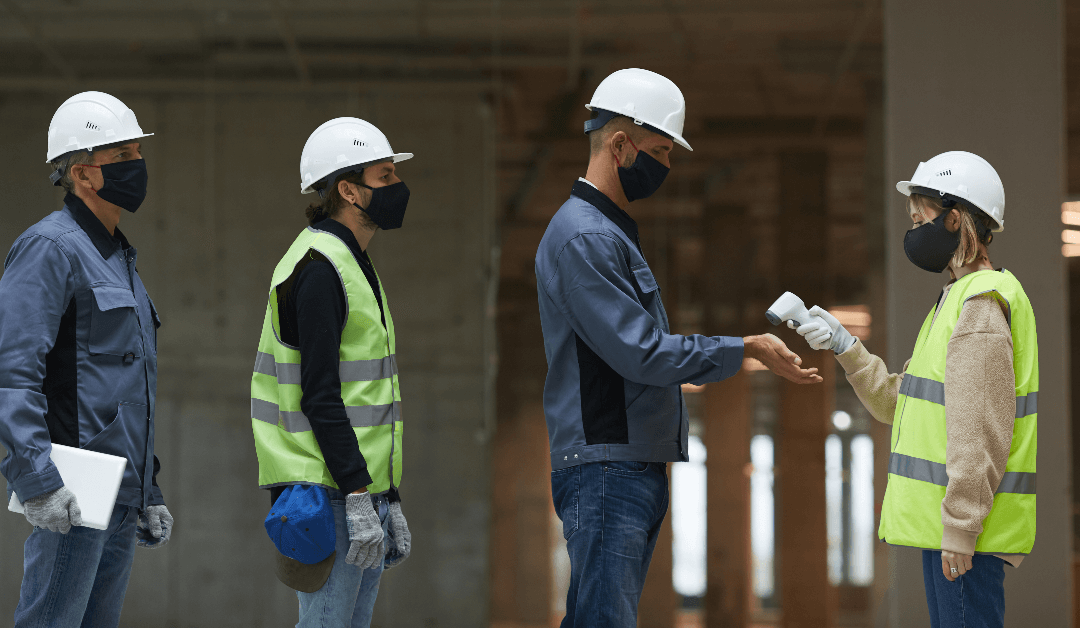President Biden passed the executive order on protecting worker health and safety on his first full day in office. It rolls out necessary anti-COVID precautions for workers on the job. Workplaces are required by law to implement and honor these precautions. The letter of the law states that employees should be educated about COVID-19 and how best to prevent it. Mask-wearing is enforced where it is deemed necessary, and special attention is paid to communities mightily struggling with the pandemic. Behren Law Firm is here to discuss what the executive order on protecting worker health and safety entails.
COVID-19 Precautions Are Based On Science and Equity
In a break with the previous administration, Biden intends to base COVID-19 precautions on science. Masks are required in spaces where they are deemed necessary. Employers have also been tasked with educating their employees on how to prevent the spread of COVID-19 best. The science states that the best way to stop the spread is to practice social distancing and wear masks, particularly indoors. Other measures include:
- Wash your hands often, or use specifically antibacterial hand sanitizer
- Distance yourself from anybody coughing or sneezing
- Stay home if you have even slight symptoms
- Refrain from touching your face
- Call your doctor if symptoms become severe
- Cover your mouth when coughing and sneezing
Biden’s administration defines itself with the word “equity,” and the idea of equity motivates this executive order. A multilingual outreach program ensures that employees are adequately informed about the risks of COVID and how best to slow its spread. Bosses and CEOs are now under stricter regulations regarding protecting their employees, and workers should be informed of their rights. Where workplaces do not adhere to the new guidelines, the Occupational Safety and Health Administration (OSHA) can enforce them. Labor unions and community organizations are involved in this effort. OSHA is empowered to disseminate the above precautions and information about protections for employees to all workplaces, even those that follow their own state-specific workplace safety plan.
Communities Hit Hardest By The Pandemic
Rural areas have suffered the most under the COVID-19 pandemic, as have communities of African Americans and South Asians. Low-income communities are also particularly at-risk since cramped urban developments can be a hotbed for the virus. Areas with little to no access to health care also need more help. The novel coronavirus is hitting minorities and lower-income communities the hardest by large margins.
Other Executive Orders Joe Biden Has Signed
Other executive orders include rejoining the Paris Agreement, a mandate to promote racial equity, an end to the travel ban on Muslim countries, a requirement for all people in federal buildings to wear a face mask, and a revision to immigration enforcement policies. Biden has also revoked the Keystone XL pipeline permit, ended discrimination in the workplace with regards to gender and sexuality, pulled funds from the border wall, expanded access to COVID-19 treatments-mainly vaccinations, allowed states to use the National Guard in its anti-COVID efforts, and paved the way for a new round of stimulus payments.


Recent Comments